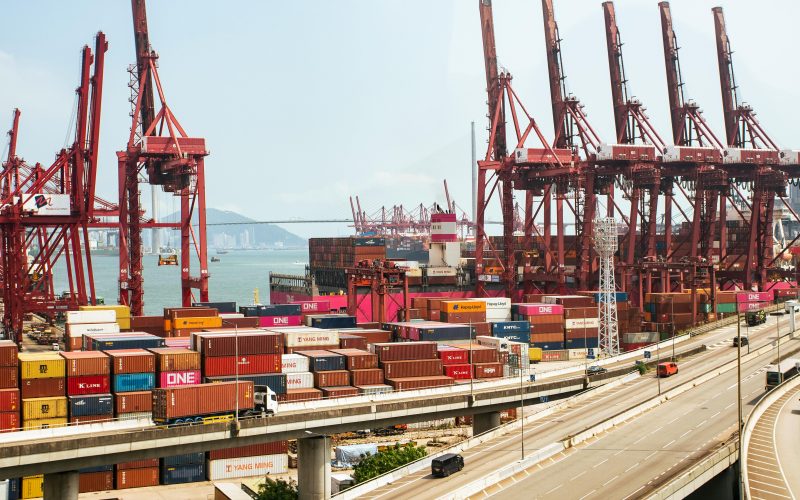The global trade landscape is undergoing a significant transformation as the Trump administration’s tariffs continue to reshape international commerce. Recently, outgoing Standard Chartered Chairman Jose Vinals highlighted the potential for Hong Kong to play a key role in this new trade environment.
Despite the imposition of higher tariffs on countries like Canada, China, and Mexico, Vinals remains optimistic about the emergence of new trade links and business opportunities in Asia, the Middle East, and Africa.
Background on Trump’s Tariffs
In early 2025, the Trump administration announced a series of tariffs targeting key trading partners. This included a 25% tariff on goods from Canada and Mexico, and an additional 10% tariff on imports from China, bringing the average tariff rate to 20%.
These moves were part of a broader strategy aimed at reducing the U.S. trade deficit and negotiating more favorable trade terms. However, they have also led to retaliatory measures from affected countries, including China and Canada.
Impact on Global Trade
The tariffs have created an uneven landscape for businesses trading with the U.S., with many countries facing significant economic challenges. For instance, Mexico and Canada, which rely heavily on exports to the U.S., have seen their economies become more vulnerable to U.S. trade policies.
The situation is further complicated by the ongoing tensions between the U.S. and China, which have led to increased market volatility and a higher demand for risk management services.
Role of Hong Kong
Hong Kong, with its strategic position as a global financial hub, is poised to benefit from the shifting trade dynamics. The city’s role in facilitating trade between China and other countries could become more critical as companies seek to navigate the complexities of the new tariff regime.
However, local businesses are also feeling the pinch, as increased tariffs squeeze access to the U.S. market. For example, Hong Kong entrepreneur Danny Lau, whose company specializes in Aluminum coatings, is having to reassess his business strategy due to the impact of U.S. tariffs on his exports.
Future Prospects
While there are concerns about the potential for a prolonged trade war, Vinals believes that the tariffs are unlikely to escalate to extreme levels, such as the feared 60% tariffs on China.
Instead, he anticipates that negotiations will lead to more moderate tariff rates. As the global trade landscape continues to evolve, Hong Kong’s adaptability and strategic position will be crucial in capitalizing on emerging opportunities.
For more insights into how global trade is evolving, visit our Finance News section for the latest updates and analysis.





